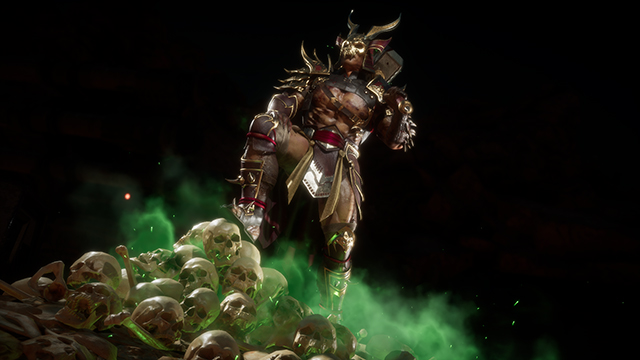Mortal Kombat has been evolving since its inception. While the original trilogy improved upon the same core, the following 3D era games splintered in a bunch of different and often bizarre directions. They weren’t always successful, but at least they weren’t prettier copies. Developer NetherRealm has stated that it tries to make different Mortal Kombat games each time and that ideology has extended all the way to Mortal Kombat 11. And this approach is something the genre as a whole should learn from.
Other fighting games typically don’t drastically change from iteration to iteration. From Soul Calibur to Street Fighter, players can often jump right back into their mains and generally perform at a similar level because most of the movesets transfer over without losing much in the transition. Tekken is one of the more egregious examples, given how you can almost perform the same root combos in Tekken 7 that you could in Tekken 3 over two decades later. Those 20 or so years have added mechanics and some moves here and there, but they incrementally build off the same foundation just a tiny bit each time in a way that isn’t as noteworthy.
It’s a dull cycle that Mortal Kombat declines to fall victim to and is readily apparent in the last three entries. Mortal Kombat vs. DC Universe was a crossover game with less violence, Mortal Kombat 9 was an updated and refined return to 2D combat, and Mortal Kombat X ratcheted up the tempo and had multiple unique variations per fighter. All three are undoubtedly Mortal Kombat in some form but aren’t half-sequels or glorified expansion packs.
MK vs. DC Universe is a proof that mixing it up doesn’t always work but it is always interesting at the very least since they all have something going for them that’s outside of them being yet another Mortal Kombat game. There’s a hook to each that most other fighting games can’t claim to have.
Faithful, yet fresh
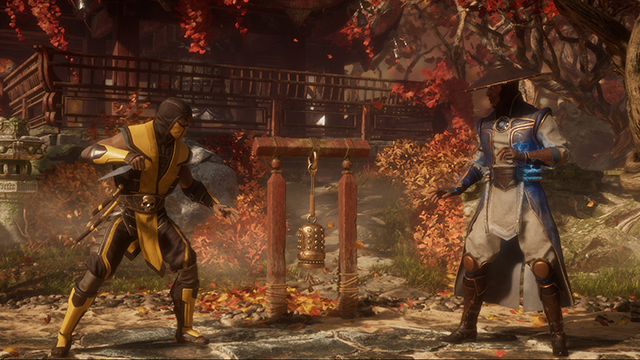
And Mortal Kombat 11 is just the latest example of this pattern. It’s slower and focuses more on defensive play, which completely differentiates it from its previous iterations. Fights have a different pace and don’t encourage repurposing old playstyles, meaning rushing down your opponent isn’t as easy nor is it the definitive way to win games. But it’s still Mortal Kombat, meaning the gore and combos are still there along with Scorpion, Sub-Zero, Liu Kang, and Kung Lao. It utilizes the soul of the series but works within those established limits to create something authentic that isn’t afraid to expand beyond its past to create something new and exciting.
This transfers to each character too. Intimately knowing Scorpion in MK9 does not help you much in MK11, as almost his whole moveset has been dramatically altered. His signature teleport and spear make a return but every attack string is unique, giving him some fundamental differences that change how he plays. And this mentality stretches from Erron Black to Kitana; all new with enough of the signature personality to remain faithful.
Relearning the same yet revitalized fighters keeps the series from stagnating since the process of hitting the training modes and starting from square one keeps it fresh from a gameplay perspective. It also means players won’t just slide back into what they know and fail to grow outside of that. Constant change like this forces growth and that is inherently satisfying in a way that seeing almost the same Heihachi juggles and Kazuya throw animations for 20 years isn’t.
Enslaved to the ’90s
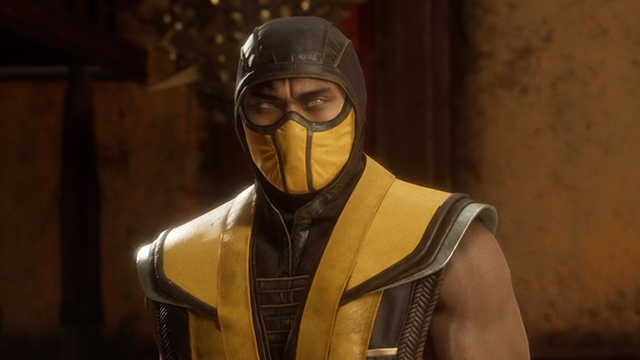
Fighting games are often beholden to their past which probably plays a significant part in the genre’s inability to completely evolve each time and why we rarely see any franchises succeed outside of those born in the ‘90s. This is often most seen when players beg the creators to regurgitate the same roster over and over.
Ed Boon and the team will probably never hear the end of Mileena and Rain’s exclusion in MK11 even if those empty slots allow for new characters and welcome redesigns. The competitive nature also may keep those from asking for something completely new because honing existing skills is easier and more comfortable than starting from scratch every few years.
There’s obviously something to pushing into unexplored territory since MK9 was the best-selling entry before being surpassed by MKX. Mortal Kombat 11 is even poised to take MKX’s crown given that it had the series’ best launch. And although the dark middle periods of the franchise were not as critically applauded, they at least took chances with the formula.
Other fighting games like Marvel vs. Capcom Infinite, Street Fighter 5, and Tekken 6 have not been as fortunate. They were bad entries not only because they weren’t great games, but also because they failed while also closely adhering to the same templates; unexciting and disappointing. On the other hand, DragonBall FighterZ was new and fantastic which helped it sneak in and top Evo 2018 entrants and become the tournament’s most viewed game that year. People might seem resistant to new things until something novel and exciting bursts in and changes things up.
But this also goes wider than just Marvel vs. Capcom Infinite and Street Fighter 5. Soul Calibur 6 and Dead or Alive 6 are both recent examples that didn’t push far enough from their comfort zones and only appealed to their bases. Mortal Kombat 11 shows that it’s possible to push past the established tenets of the series while also adhering to them in the right ways. There’s a reason NetherRealm has flourished in the past decade while others in the genre have lost their luster in that same timespan. That studio knows how to keep its franchises fresh each time and other fighting game developers would be wise to take note. It’s ironic that a series all about death has never felt so alive.
Mortal Kombat 11 Rejects
-
Characters You Won't See in Mortal Kombat 11's Roster

Few fighting game franchises introduce as many new challenges as Mortal Kombat. This can be a blessing, but also a curse. You might get an evergreen warrior with your new addition, or you might get a generic reject. Not everyone can make it into MK11, but these guys definitely won't make the cut. -
Bo' Rai Cho

Perhaps a controversial pick due to his many appearances, but Bo' Rai Cho never felt like a genuinely popular character. His unique moves and drunken demeanor make him stand out, but that goofiness also leads to a clash with the rest of the cast. Mortal Kombat works best when it's as straight-faced as possible, and that means you can't have vomit attacks. -
Drahmin
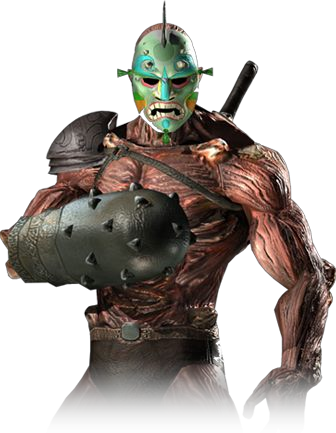
Introduced in Deadly Alliance. This Netherrealm Oni relies heavily on his spiked club for combat. In the days between the original trilogy and the modern games, Mortal Kombat introduced character specific weapons to stand out. So, while Drahmin had a place back then, he'd need a full redesign to fit in now. -
Khameleon
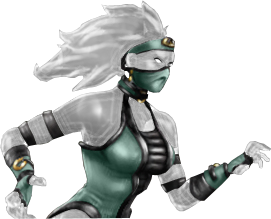
Khameleon has made two weird appearances in the franchise so far. She was a new character in the N64 version of Mortal Kombat Trilogy. Then, after being left out of the "everyone in the pool" Armageddon, she premiered in the Wii version due to fan outrage. It would be very strange to see her pop up again unless she somehow ends up in the Switch version of the game. And that is pretty unlikely. -
Kira
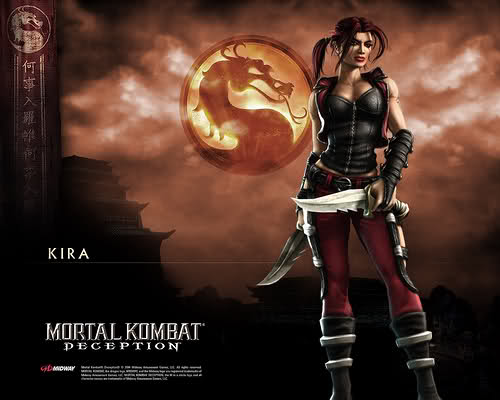
Premiering in Mortal Kombat Deception, Kira is a recruit for the "new Black Dragon." She's a generically heroic character despite her resemblance to an MK version of Harley Quinn. With the Kombat Kids filling the roles of new heroes, we probably won't be seeing much of Kira going forward. -
Kobra
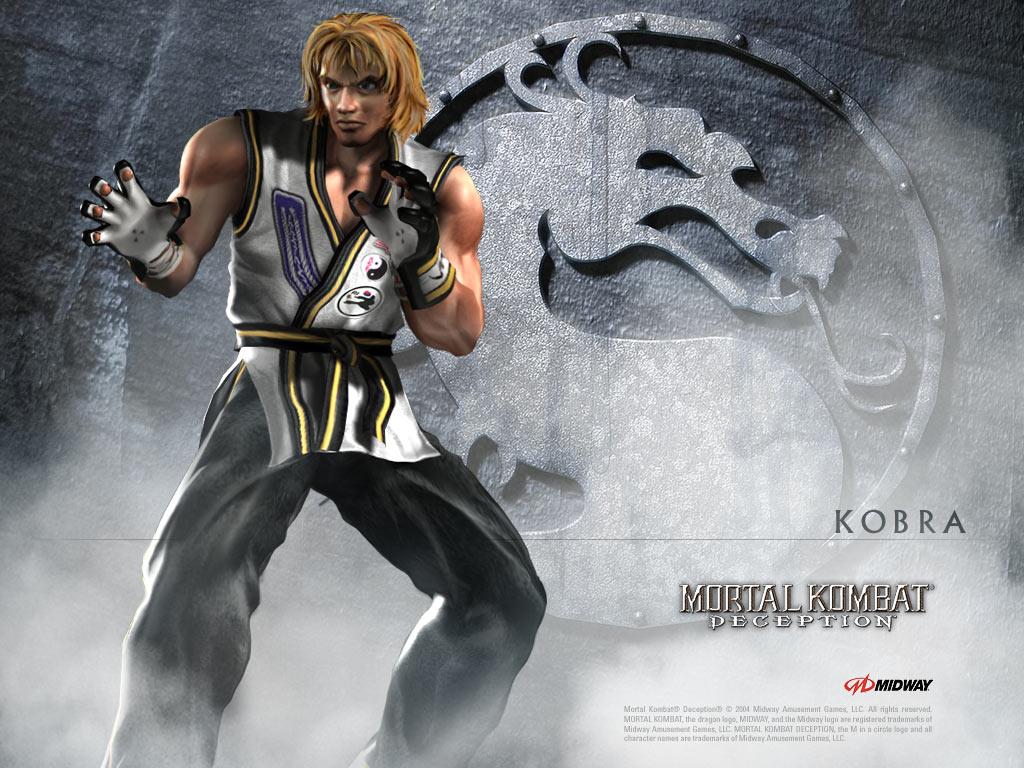
Kobra is Kira's counterpart in Deception. He's a fiery recruit that's most notable for resembling Ken from Street Fighter. Kobra was briefly mentioned in Mortal Kombat X, but only as someone who Erron Black killed before the events of the game. That probably rules him out as a future entrant in the tournament. -
Mavado
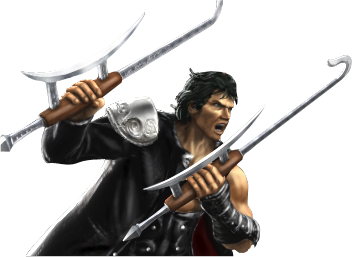
Debuting in Deadly Alliance, Mavado uses Kabal's hook swords and grappling hooks in combat. With both Scorpion and Kabal present in Mortal Kombat 11, it'd be hard to fit such a fighting style in without repetition setting in. Plus, in a game filled with flashy ninjas and otherworldly creatures, Mavado is just a dude. -
Sareena
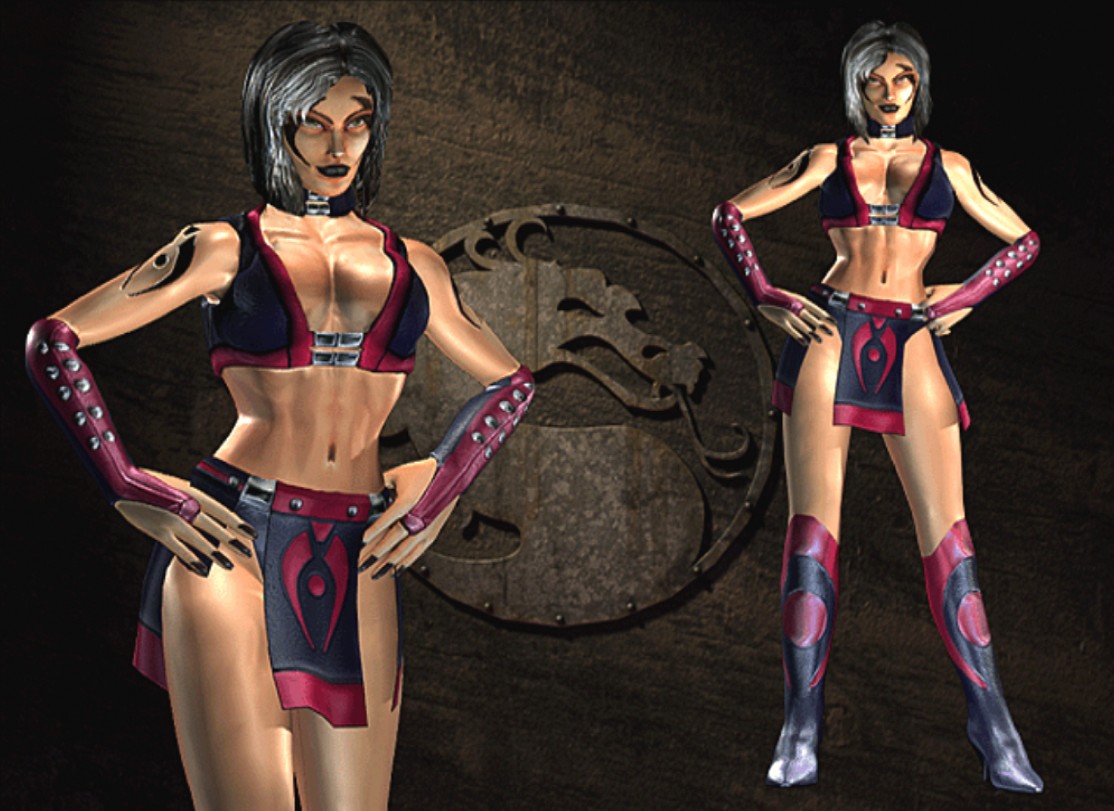
Despite looking like a human, Sareena is actually a demon, and that's the most notable thing about her. She fights with a pair of knives and her only appearance outside of Armageddon was a Game Boy Advance port of Deadly Alliance and a brief cameo in MKX's campaign. She has some story significance, but she'd basically be a new character if they were to bring her back. -
Taven
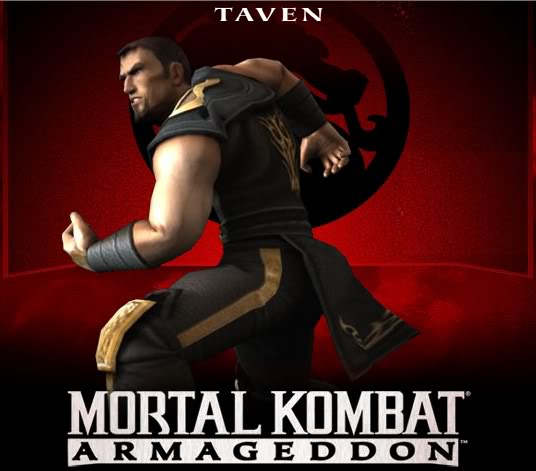
Taven is one of two new characters introduced in Armageddon's Konquest mode. Since he only appears in Armageddon, he's also one of only two characters who's never had a fatality. There may be some hardcore Konquest fans out there, but considering that his greatest deeds are written out of the current timeline, he's probably not popping up again. -
Tremor
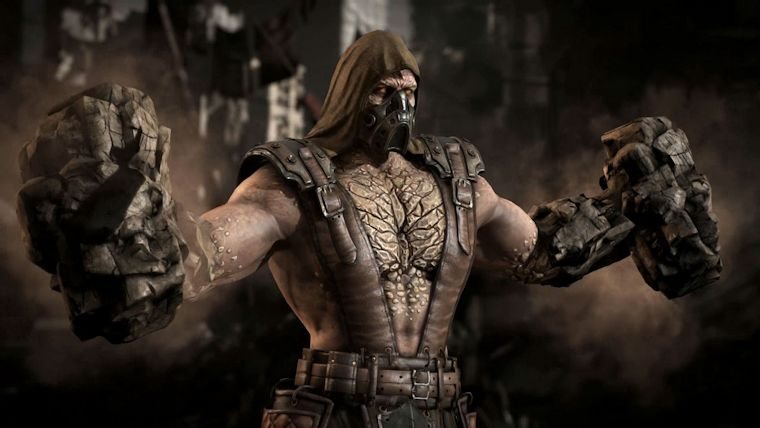
We will admit, Tremor is pretty cool. He's a ninja who controls rocks, making his debut in PlayStation action game Special Forces. His first appearance in the fighting series was as a DLC character in Mortal Kombat X. He might be the most likely candidate for a revival out of these 10, but NetherRealm's ninja quota is probably already spent for 11.
